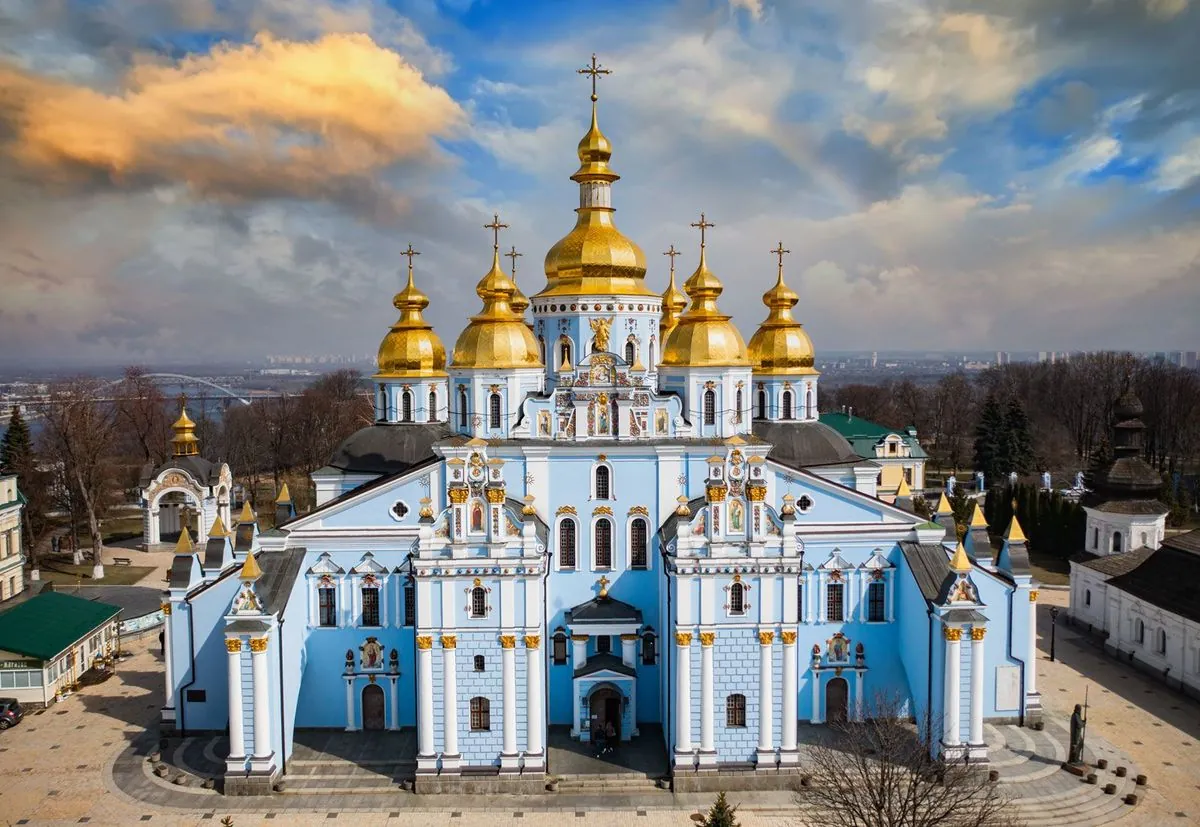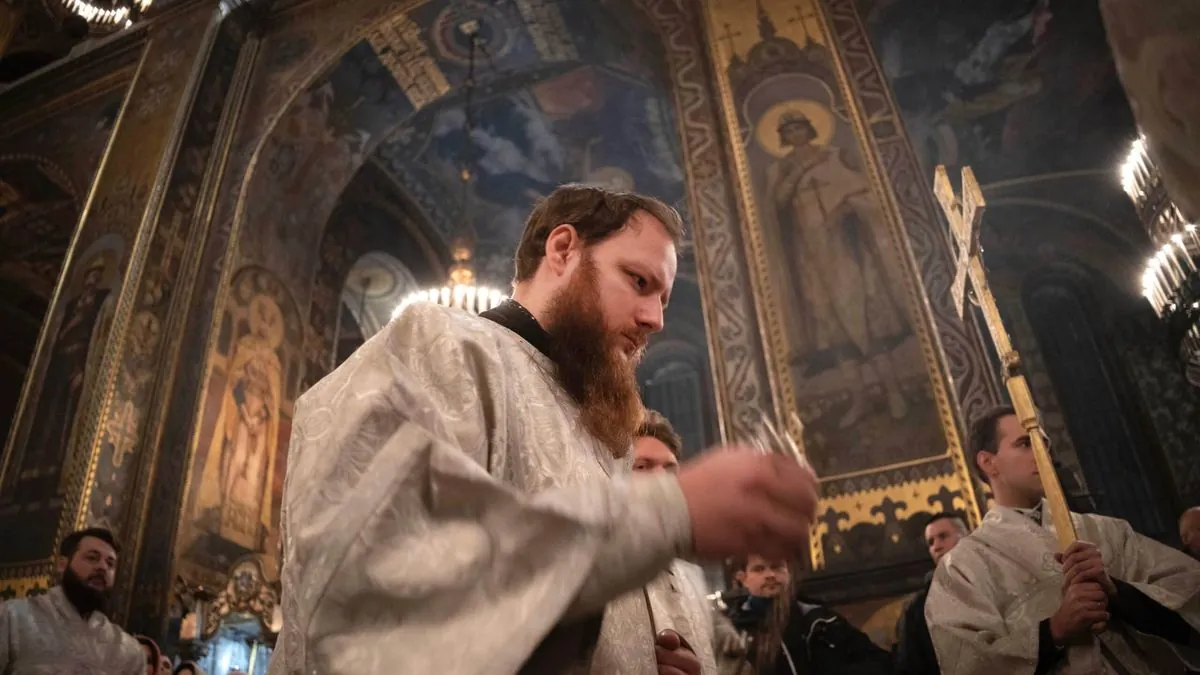Ukraine's New Law Targets Russian Orthodox Influence Amid Complex Religious Landscape
Ukraine enacts legislation banning the Russian Orthodox Church and affiliated entities, challenging the Ukrainian Orthodox Church's position. The move reflects ongoing efforts to reduce Moscow's influence in the country's religious sphere.

On August 24, 2024, Volodymyr Zelensky, Ukraine's President, signed a groundbreaking law aimed at curtailing Russian influence through religious channels. This legislation explicitly prohibits the Russian Orthodox Church and entities affiliated with Moscow, primarily affecting the Ukrainian Orthodox Church (UOC).
The UOC, despite its claims of independence, remains formally connected to the Moscow Patriarchate. This complex situation stems from a long history of Orthodox Christianity in Ukraine, dating back to the baptism of Prince Vladimir of Kyiv in 988 AD, which marked the beginning of what would later become Russian Orthodoxy.
The new law establishes a government-appointed expert commission to assess the degree of affiliation between religious organizations and Moscow. This process is expected to be challenging, given the intricate historical and cultural ties between Ukrainian and Russian Orthodox churches.

In May 2022, responding to Russia's invasion, the UOC publicly condemned the attack and made efforts to distance itself from Moscow. However, these changes have been met with skepticism, as the church has not formally severed ties with the Russian Orthodox Church.
The Russian Orthodox Church, led by Patriarch Kirill since 2009, has closely aligned itself with Vladimir Putin's regime. This alignment has led to internal conflicts and international repercussions. For instance, the Estonian Apostolic Orthodox Church, previously linked to Moscow, recently declared independence.
The implementation of Ukraine's new law faces several challenges:
- Determining the extent of affiliation with Moscow
- Addressing the legal and financial implications for parishes
- Balancing religious freedom with national security concerns
- Managing potential international reactions
The UOC, with its approximately 8,000 parishes, now faces a difficult choice between potential dissolution by the Ukrainian state or being declared schismatic by Moscow. This situation reflects the broader conflict between Ukraine's desire for independence and Russia's attempts to maintain influence.
"The implementation of this law must be carefully monitored to ensure it complies with international standards on religious freedom while addressing legitimate national security concerns."
The complex religious landscape in Ukraine includes various Orthodox churches and other denominations. The Orthodox Church of Ukraine, granted autocephaly by the Ecumenical Patriarchate of Constantinople in 2019, represents an alternative for those seeking independence from Moscow's influence.
As Ukraine continues its efforts to reduce Russian influence, the religious sphere remains a significant battleground. The outcome of this law's implementation will likely have far-reaching consequences for the future of Orthodox Christianity in the region and the broader geopolitical landscape.


































